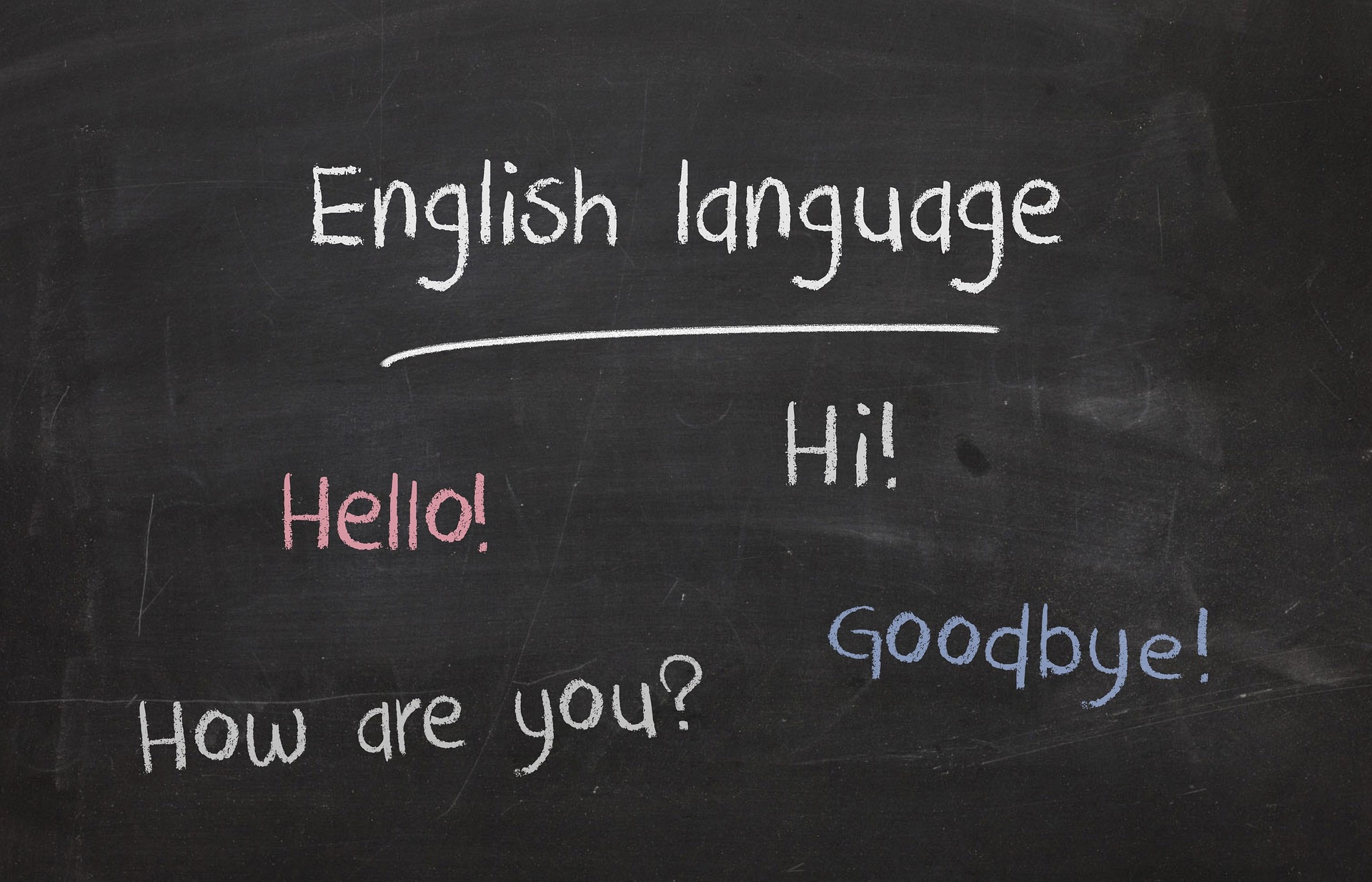Becoming an ESL teacher requires strong teaching skills, certification, and relevant work experience. There are plenty of opportunities to engage in cultural exchange helping students achieve language proficiency meanwhile exploring teaching opportunities worldwide.
English has become a global language, being the most widely used language in the international business sphere as well as being the official language of international institutions such as the United Nations, the International Criminal Court, and the World Health Organization. As globalization continues its pace, the demand for learning English is expected to increase, and with it, the demand for skilled ESL teachers.
An English as a Second Language (ESL) teacher teaches English to non-native speakers with the goal of helping them build the skills necessary to communicate effectively in English-speaking environments.
While teaching is a fulfilling career in itself, ESL offers the added bonus of traveling anywhere in the world and engaging in cultural exchange. Whether you opt for a teaching job abroad or in a multicultural ESL classroom, as an ESL teacher, you play a vital role in bridging language gaps and fostering cross-cultural understanding. This blog post will discuss how to become an ESL, including the requirements, training, and skills needed to excel in this profession.
ESL Teacher Requirements
You can’t become an ESL teacher just because you are proficient in the language. To take the title of ESL teacher, you need a specific education, certifications, and hands-on relevant work experience. All these requirements are essential to ensure that ESL students are destined for success and career growth. Below, we’ll break down each requirement.
Educational background
Becoming an ESL teacher is no different to becoming a regular teacher. Your educational background should include a bachelor’s degree, preferably in education, linguistics, or English. While it’s possible to enter the field with a degree in any subject, a language-related degree will give you a stronger foundation in language acquisition principles and pedagogical strategies, thus, putting you on a fast track to success.
For instance, an education-focused degree equips you with the essential skills for successful classroom management and even curriculum design. Similarly, a linguistic degree provides with a deeper understanding of language structure and development, which is particularly useful when teaching English to non-native speakers.
Certification
Even with a degree, you need specialized certification if you want to pursue a career in teaching English to non-native speakers. ESL certificates such as TESOL (Teaching English to Speakers of Other Languages), TEFL (Teaching English as a Foreign Language), or CELTA (Certificate in English Language Teaching to Adults) are highly valued by employers, thus increasing your job opportunities.
TESOL is most often favored by ESL teachers in English-speaking countries, where students are learning English as a second language in order to integrate into their local environments. This is because TESOL puts an emphasis on language acquisition strategies and cultural considerations relevant to these contexts.
TEFL, on the other hand, is generally more suitable for ESL teachers in non-English-speaking countries where students learn English as a foreign language. When you enroll in a TEFL program, you develop skills and knowledge that overcome the challenges of teaching English abroad. It does so by focusing on practical aspects of language teaching and classroom management in diverse settings.
Lastly, CELTA is a prestigious certification awarded by Cambridge University. The program is known for its extensive curriculum, which includes both theoretical and practical components. This mix of theory and practice has made it a favorite choice for aspiring ESL teachers looking for international teaching opportunities.
Experience
Though not always a requirement, relevant work experience as an ESL teacher can be incredibly beneficial for your career (and for many reasons). That’s because work experience equips you with skills you won’t find between the pages of a book—from becoming familiar with workplace dynamics and networking to boosting your confidence as a teacher and better classroom management.
There are always opportunities to gain experience, even for those new to the field—tutoring, volunteer work, and teaching internships are all fantastic options. Lastly, most certification programs, such as CELTA, allow aspiring ESL teachers to teach in a real classroom under supervision.
Additional Training and Experience to Become an ESL Teacher
While specific educational backgrounds and certifications put you in the center of ESL classroom, certain skills are essential to help you connect with students, succeed in the classroom, and further enhance your career as an ESL teacher outside of formal education and certification. These additional skills and experiences include:
Language skills
If you are a native English speaker, learning a second language is an invaluable skill for your ESL teaching career. Apart from the personal gains (such as boosting brain power and learning new cultures and understanding), going through the process of being a student of a new language, you gain insight into the frustrations, struggles, and victories your students experience as they try to master English.
As the experience helps you understand the emotional and cognitive hurdles that come with learning a new language, you become more empathetic, patient, and supportive in the classroom. Moreover, speaking another language can serve as a bridge, helping to build trust and stronger connections with students from diverse linguistic backgrounds.
Previous teaching experience
The saying “Practice makes perfect ” perfectly describes the process of becoming a successful ESL teacher. Teaching experience—language-related or not—will help you develop the necessary skills for successful teaching. Through it, you enhance your skills in classroom management, lesson planning, and adapting to different learning styles. The more experience you gain, the more you hone these skills.
Moreover, whenever the job market gets too competitive, work experience will help set you apart from other candidates and increase your chances of getting the job or even a better salary. And if you get stuck on the vicious cycle of “you need experience to get a job, and you need a job to get experience”, you can always turn to tutoring and volunteering.
Key Skills of an ESL Teacher
The main goal of any ESL teacher should be to create an effective and supportive learning environment for their students, and to do this you need certain skills and personality traits.
Because language is the focus of an ESL classroom, effective communication stands at the forefront of skills ESL teachers must develop. As your students may have limited English proficiency, a large part of your job involves explaining complex grammar rules or vocabulary through visual aids, simplifying instructions, and engaging in active listening.
When you possess strong communication skills, your lessons are easily understood by your students, hence, achieving the ultimate goal of your class. At the same time, the environment may make students feel comfortable asking questions and expressing themselves.
✅ Request information on BAU's programs TODAY!
Patience is another treat that helps you move from a good teacher to a great teacher. We often deal with students who progress at different rates. This is especially true for ESL teachers when progress can sometimes be slow. You may often find yourself repeating lessons, offering individualized instruction and support, and maintaining a positive attitude is detrimental to the success of your students (and ultimately yours as a teacher).
Whether a student is struggling to understand a concept or needs extra time to complete an activity, your patience will help create a supportive and stress-free learning environment.
ESL teachers often work with students from diverse cultural backgrounds, making cultural sensitivity an essential skill. Cultural sensitivity means being able to respect traditions, understand different communication styles, and be open to learning about your students’ cultures.
When you make it a mission to understand and integrate your students’ cultural backgrounds into lesson plans, you make learning more relevant and engaging for each student. Moreover, this awareness helps avoid cultural misunderstandings and fosters mutual respect.
Another key skill for the profession is adaptability as ESL classrooms can be dynamic and unpredictable. To overcome this, your ability to adapt and modify lesson plans, teaching methods, and classroom strategies to suit the diverse needs of students ensures all learners feel supported and can progress at their own pace.
Last but not least, personal qualities like enthusiasm and empathy are momentous in enhancing your teaching effectiveness. Enthusiasm is contagious in the classroom—your passion, excitement, and understanding can inspire students to approach learning with the same energy. When this is coupled with a genuine understanding of your students’ emotional and academic struggles, it can cultivate a positive space that promotes active participation and a strong interest in learning.
How Long Does It Take to Become an ESL Teacher?
There is no linear timeline in your journey to becoming an ESL teacher. Factors such as educational background, certification requirements, and experience level, all contribute to how fast you can enter the job market. However, a general breakdown of your path to earn the title of ESL teacher includes:
- 4 years of earning a bachelor’s degree (considering you are studying full-time). If your degree is not related to education or linguistics, additional courses may be necessary.
- Anywhere from a few weeks to several months to complete certifications like TESOL, TEFL, or CELTA, depending on the pace you choose to complete them. For instance, CELTA can be finished in four to five weeks for full-time learners, while part-time options may take several months.
- Additional months should be considered while gaining practical teaching experience through internships, volunteering, or tutoring. Aspiring ESL teachers starting from scratch may need more time to build experience.
As such, depending on these factors and your pace, becoming an ESL teacher can take as little as six months or several years.
Conclusion
In conclusion, to become an ESL teacher, you need a bachelor’s degree, certification, and hands-on experience. Through this process you gain the theoretical and practical knowledge to excel as an ESL teacher.
If you’re considering a career in ESL teaching, Bay Atlantic University’s Mentora College offers comprehensive English language programs for adults and teens year-round. Our programs are supported by various social trips and activities to enrich your experience. Additionally, we provide preparatory classes for exams such as the TOEFL, GRE, GMAT, and SAT, helping you or your students achieve their academic and professional goals. Explore our offerings and take the first step towards a rewarding ESL teaching career with us today!
Frequently Asked Questions
Can I teach ESL without a degree?
While teaching ESL without a degree is possible, having one—especially in education or a related field—significantly improves job prospects and effectiveness.
Is it hard to be an ESL teacher?
Teaching ESL can be challenging due to diverse student needs and language barriers, but it is a highly rewarding career with proper training and patience.










